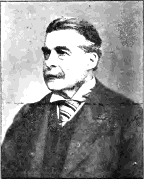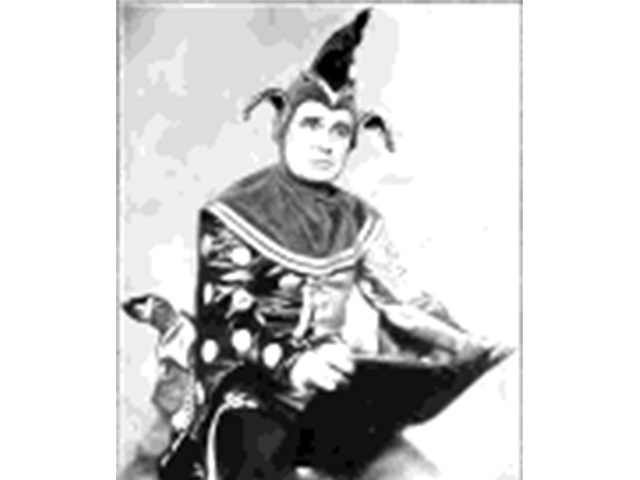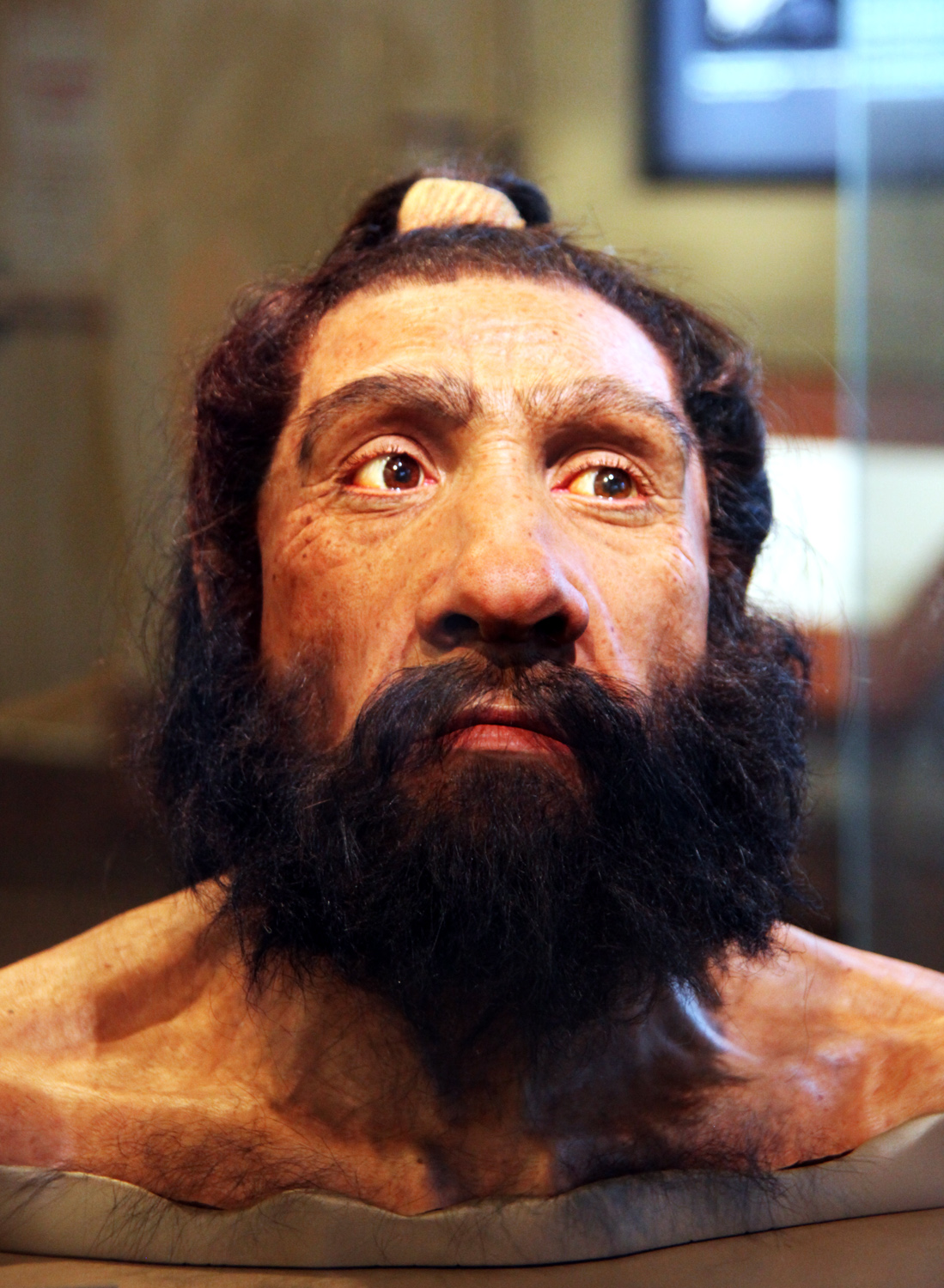The Beginnings of a Great Composer Arthur Seymour Sullivan was born in London on 13th May 1842. Music was part of his life from his earliest years since his father, Thomas, served as Bandmaster at the Royal Military College in Sandhurst. Although the family financial means were stressed the relationships between family members were very warm. As his surname suggests, Thomas Sullivan was of Irish origin but his wife was Italian. Arthur was close to both his parents and to his talented older brother, Frederick. Everything was in place for a happy childhood but Arthur Sullivan had health problems from an early age. He was also burdened with a second name that he detested. If you see what the initial of his names spell out it is easy to understand why Sullivan wished his middle name forgotten! Coming from such a musical family it is hardly surprising that Arthur Sullivan learned to play the flute and most other wind instruments as a young child. He also had a fine voice. He was appointed “first boy” in the choir of Queen Victoria’s Chapel Royal. Albert, the Prince Consort, was so delighted with Sullivan’s singing that he rewarded him with a gold half sovereign coin. This was a most generous present at the time. In twenty-first century terms it might have been worth as much as 100 pounds in purchasing power terms. Even before the young Arthur Sullivan had made his name for himself in the Chapel Royal Choir he had published his first musical composition. Sullivan was not even twelve years old when he composed the piece of religious music named “O Israel.” It is easy to understand how this young musical genius won the prestigious Mendelssohn Scholarship to the Royal Academy of Music. He continued his musical education in Germany where he became acquainted with the composer Franz Listz. While studying at Leipzig 18 year old Sullivan’s music first came to public attention with a performance of his composition for Shakespeare’s “The Tempest”. The performance was repeated the following year at London’s Crystal Palace. Now back resident in London Arthur Sullivan supported himself as a church organist while at the same time writing classical music such as the Prince of Wales march. The death of his father caused him great distress but he turned his feelings in a creative direction to write a work called In Memoriam. On a happier note Sullivan became friendly with Sir George Grove who later became a famous figure in his own right through his Dictionary of Music. Grove and Sullivan travelled together to Vienna in a search for a lost score of Schubert. They were about to give up their search and return to England. Before packing their bags and leaving an old cupboard caught their attention. In a dramatic moment in musical history they discovered the manuscript of Schubert’s Rosamunde in this cupboard! Gilbert and Sullivan At the time of Gilbert and Sullivan’s first meeting in 1869 the latter had already established a reputation as a star of London’s serious music scene. In truth he had also turned his hands to writing light music for the playwright F.C.Barnand but he certainly had no intentions of focusing on this area of music. Sullivan and Gilbert were first introduced by their mutual friend, dramatist and musician Frederick Clay. Clay was working with Gilbert on a play entitled “Ages Ago” and he invited Sullivan to see it. Although they made each other’s acquaintance at this time it took another 6 years before they first worked together. London theatre promoter John Hollinshead brought Gilbert and Sullivan together in 1871 to produce the one act comedy “Thespsis.” This comedy based on an Ancient Greek theme ran for 64 performances. This was a reasonable run for a production put together so quickly but with this play behind them, Gilbert and Sullivan continued their separate careers. In Sullivan’s case this included writing music for Shakespeare’s “Merry Wives of Windsor”, and a hymn of thanks for the recovery of the Prince of Wales from a serious illness. The man who finally brought Gilbert and Sullivan into their famous partnership was theatre impresario Richard D’Oyly Carte. In 1875 D’Oyly Carte encouraged Gilbert to approach Sullivan to write a score for his comic opera “Trial for Jury”. Gilbert was confident that the serious composer Sullivan would not be interested in writing music for his work, but Sullivan found the script hilarious and was happy to co-operate. Arthur Sullivan’s older brother Frederick played the role of the Judge and was a great hit. The opera ran for over three months and would have continued longer but Frederick Sullivan took ill and died. Arthur was close to his brother and his early death delivered him a heavy blow. As with the death of his father years earlier he expressed his grief through his music. Sullivan’s composition “The Lost Chord” remains very popular to this day although not everyone knows the sad background behind its composition. Sullivan was very sensitive over this work. When he found out someone was making a parody of it he wrote to them to explain how he came to write the ‘Lost Chord” and he urged the parodist not to proceed with something he would consider disrespectful of his brother’s memory. Although saddened by his brother’s death, Sullivan must have found some consolation in the success of his music. The popularity of Trial by Jury convinced Richard D’Oyly Carte that the partnership between Gilbert and Sullivan was a potential gold mine. Their co-operation on the comic operas HMS Pinafore (1878) and the Pirates of Penance (1879) proved that D’Oyly Carte had correctly assessed public taste. The operas quickly became very popular in England and also in the United States. Sullivan’s light music reached a far greater audience than his serious music ever reached with even the delivery boys in the streets of London humming tunes from the operas. He became one of the pioneers of style of opera that gently poked fun at while at the same time became an integral part of British culture. His fame resulted in the bestowal of a knighthood by Queen Victoria. It is interesting to note that these D’Oyly Carte productions were also pioneers in the use of the latest technology. When a scene in the opera Ruddigore (1887) demanded the theatre to be darkened, the question arose how could Sullivan possibility conduct the orchestra when they would no longer be able to see him gesturing with his baton? The ingenious solution was to provide him with a baton lit by electricity. A Difficult Partnership The success of the series of Gilbert and Sullivan operas throughout the 1880s elevated Gilbert and Sullivan into the mega-stars of the late Victorian entertainment scene. It also made them both into very wealthy men. Sullivan’s addiction to gambling at the tables of Monte Carlo meant that the income from the operas became indispensable to the kind of lifestyle he aspired to lead. He certainly realised that he was earning far more than he might hope to get as a classic composer but his sense of artistic self-esteem was damaged. He did not want his reputation to rest on comic opera but wanted to take his place alongside Franz Listz and the other highly-respected classic composers of the era. He regularly struggled with his need for funds that his partnership with Gilbert answered and his desire to break away and make his name as a classical composer. Gilbert’s contentious personality did not make their co-operation any easier. It took all the diplomatic skills of Richard D’Oyly Carte and his wife Helen to put the partnership back together after a serious of quarrels and breakups. At one point he wrote angrily to Gilbert about how he had become burned out writing music for comic opera and was angry how he thought that the emphasis is always on Gilbert’s words with his music “never allowed to rise and speak for itself.” The most famous dispute between them over the expenses of a production ended up in a legal case when Gilbert took Sullivan and D’Oyly Carte to court in a dispute over 200 pounds spent on a carpet for theatre auditorium. The Closing Curtain Gilbert and Sullivan came together for the last time in 1896 for the light opera the Grand Duke. Although it was nowhere near the success of their earlier operas, the audience gave them enthusiastic applause when they came out and took their bows from the opposite end of the stage. Sullivan resumed writing music on more serious themes working on a score for a ballet to mark Queen Victoria’s Diamond Jubilee. The liver complaint that he had suffered from since his earliest years became increasingly serious. He had almost died from this on previous occasions and finally on November 22nd 1900 he succumbed. He was buried in St.Paul’s Cathedral. Sir William Gilbert expressed genuine sadness at his death and chose to focus on all they had accomplished together and ignore the ill-feeling that had often been expressed between them.]]>






